High-quality sleep is essential for a fully functioning mind & body. Without it, we’d be walking zombies! However, insomnia or poor-quality sleep can take a serious toll on our day-to-day lives. What are 18 tips to beat insomnia & find restful sleep? Why can’t you sleep at night even though you’re tired? How can you sleep when you’ve had a bad night? I’ve got you covered – open when you can’t sleep!
If you’re tossing and turning at night, these tips are for you. Keep reading to learn more.
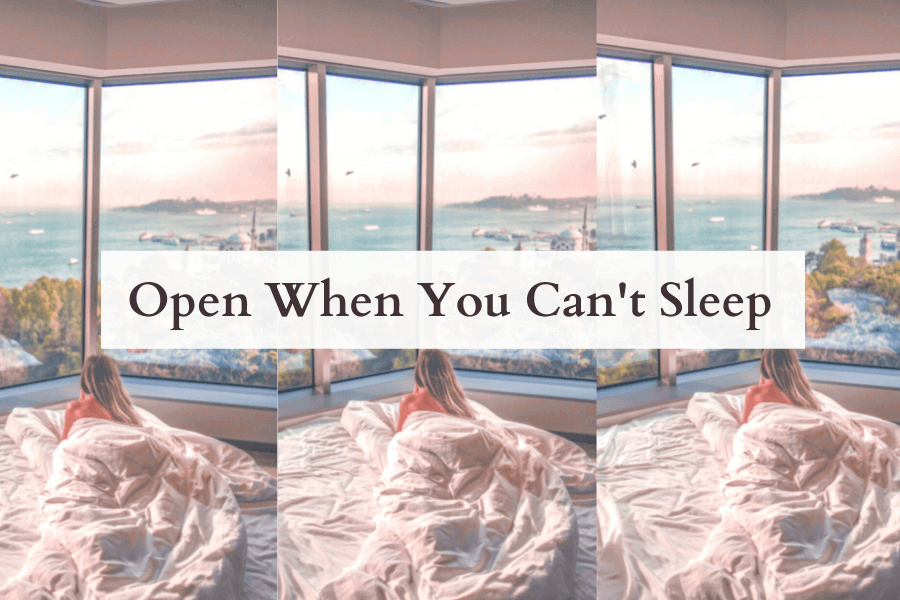
(Note: This article contains affiliate links, meaning In On Around will make a small commission at no additional cost to you. This helps me maintain the site. As always, I value full transparency & only work with brands I love and trust.)
Why Do We Need To Sleep?
Sleep is absolutely essential! It helps us:
- Detoxify our brain [1]
- Maintain hormonal health [2]
- Exercise efficiently [3, 4]
- Maintain proper brain function [5]
- Maintain weight [6]
- Decrease disease risk [7]
- Think creatively [8]
… and of course, feel awake & energized! In fact, after 3-4 nights without sleep, our brains begin to hallucinate. Without restful nights of sleep, our risk of heart disease & type 2 diabetes rises. Sleep hygiene (aka sleep habits that help you have a restful sleep) is essential! It’s incredibly important for our physical health and mental health.
Sleep deprivation or chronic insomnia is no fun. So.. how do we ensure high-quality sleep? What can we do, especially if we’re battling insomnia? Your sleeping habits matter!
Sleep hygiene = sleep habits
18 Sleep Hygiene Tips To Beat Insomnia
1) Keep a consistent sleep schedule.
- Waking up at the same time every day & going to bed at the same time every night will help your internal clock remain consistent. Having an inconsistent sleep schedule can affect your melatonin production. [9] If you’re not in control of your sleep schedule, you can get caught in a vicious cycle of staying up too late and sleeping in too late. Keep a close eye on your sleep times and sleeping patterns.
2) Invest in blackout curtains.
- Chronic exposure to light (even if it’s dim/dull) can disrupt sleep quality & lead to insomnia. The darker the room = the better the sleep! [10]
- My favorite blackout curtains conductive to sleep: Beautriox – they’re made with OEKO-TEX fabric, meaning they’re free of many harmful chemicals that are commonly found in regular fabrics.
- Learn more about why it’s essential to use clean fabrics here: Healthy, Non-Toxic Textile Certifications (GOTS, Oeko-Tex)
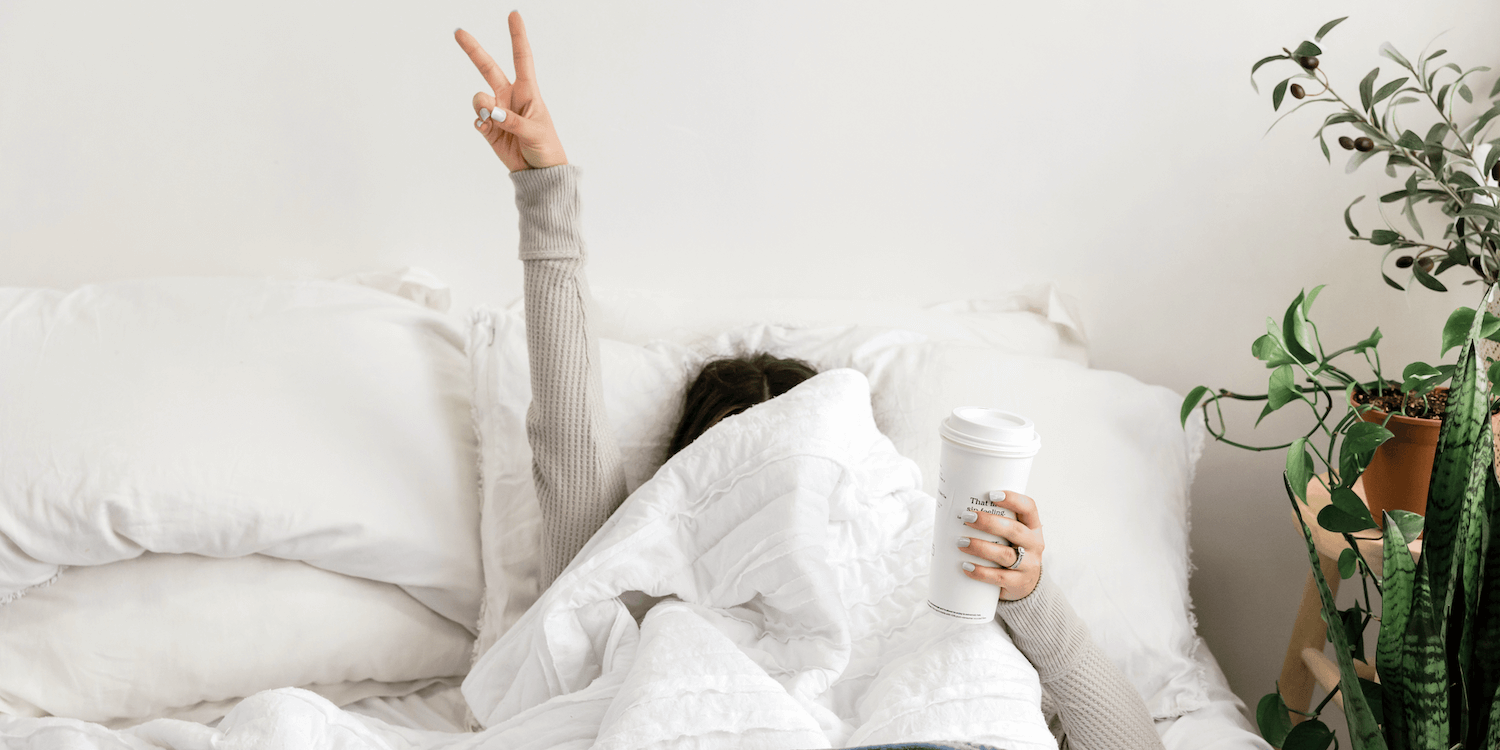
3) Use a silk eye mask.
- If your blackout curtains still let some light seep in, or if there are other lights in your room, use an eye mask!
- These masks block light, while still protecting your skin from unnecessary pulling which leads to wrinkles (no fun!). My favorite is the Mulberry Silk Eye Mask.
- Make sure to cover any displays or lights (like alarm clocks or night lights).
4) Have a wind-down bedtime routine.
- Incorporating a meditation practice or controlled breathing routine can be a great way to decompress. Managing any stress and anxiety is essential. Whether it’s through journaling, taking a nice warm bath, listening to calming music, or reading a book, winding down at the end of the day is important to relax before hopping into bed. Stress hormones keep you awake!
- Some of my favorite books can be found in the shop.
Check Out The In On Around Shop
5) Stop drinking caffeine by 2pm!
- Caffeine can last in your bloodstream for 6-8 hours. [10] Ditch the coffee or matcha in the afternoon – it can keep you up when it’s time to wind down. You can, of course, still have your morning cup-o-joe… just make sure you stick to decaffeinated after about 2pm.
6) Use blue-light blocking glasses once the sun goes down.
- Blue light tricks your brain into thinking it’s daytime, which in turn reduces melatonin levels. [9] Throw these bad boys on after dusk!
- To learn more about blue light, check out: Blue Light Glasses Benefits – Do They Work?
7) Use dim lighting once the sun goes down.
- Using dim lighting, like a salt lamp, is a great option. The more bright light there is in a room, even if it’s artificial lighting, the more “awake” your brain becomes. Opt for very little lighting as the sun goes down (this mimics our evolutionary habits of using candlelight at night).
- You can read more about Himalayan salt lamps here: Do Salt Lamps Purify The Air? Are They A Hoax?
8) Turn off the phone & TV at least one hour before bed.
- Even though Netflix may help you feel relaxed, it actually stimulates your brain & can keep you awake. Put down the electronics at least an hour before bedtime, otherwise, it may disrupt your ability to fall asleep.
9) Invest in a high-quality, non-toxic mattress!
- Conventional mattresses are ridden with nasty chemicals that can affect your health in the long term. Avocado Mattress is a great option for those looking for an affordable, safe option (for both adults & children).
- You can read more about why it’s important to have a toxin-free mattress here: The Most Affordable Nontoxic, Organic & Safe Mattress
- A toxin-free sheet set is another great addition to your new bed, like California Design Den.
10) Use a high-quality pillow.
- Especially since you’re snuggled up to it all night and breathing in any chemical vapors (gross)!
- Avocado also offers non-toxic pillows. It’s also best to cover all pillows in a silk pillowcase, like Ravmix, to avoid hair breakage.
11) Skip the mid-day long naps.
- If you do need a nap, stick to only 30 minutes or less. Lying in bed for too long can confuse our bodies (with the exception of when you’re sick, of course). Taking longer naps can confuse your circadian rhythm/internal “clock” and keep you up when it’s time for bed. Napping for 20-30 minutes has actually been shown to improve mood & memory. [10]
12) Natural supplements can help!
- CBD, Magnesium Glycinate & L-theanine may help. Joy Organics is by far one of my CBD brands to help with any nighttime anxiety. These supplements can help with relaxation and stress management. [11, 12, 13] Ned is also a great option [use code inonaround to save 15%].
- As always, in conjunction with biohacking supplementation, ensure you’re eating nutritionally well-balanced, whole foods, plant-based, organic meals throughout the day.
- Use caution with any sleep medicine or sleeping pills – these can interfere with other medications and some have serious side effects. Always talk with your doctor (like a naturopathic doctor).
- Of course, if you struggle with a serious sleep disorder, like sleep apnea, speak to your doctor or a sleep specialist immediately.
13) Get outside during the day.
- Getting out in the bright morning sunlight during the day helps to regulate our circadian rhythm (our sleep cycle). It helps to “train” your brain that daytime is for staying awake, and nighttime is for rest/sleep. Not only does the sun help improve your sleep quality, but it helps to improve daytime energy. [14]
14) Make your bedroom your sleep haven!
- Having a cozy & comfortable environment will help you unwind & relax at the end of the day. Lavender can also induce a calming effect – I love spraying non-toxic Grow Fragrance in my room before bed. Essential oil diffusers can serve the same purpose (just use in moderation, as these can still release VOCs into the air).
- Optimizing the room temperature (at about 65 degrees Fahrenheit), as well as noise & lighting can make such a difference. [15, 16]
15) Skip the alcohol (sorry!).
- Alcohol alters melatonin production, can disrupt sleep patterns, cause insomnia & encourages snoring. Your “nightcap” may be causing you to lose valuable rapid eye movement (REM) sleep! [17, 18] Skipping alcohol and switching to alcohol-free drinks can help prevent you from waking up in the middle of the night.
- To learn more about alcohol, check out: What Is The Healthiest Alcoholic Drink? Alcohol On Gut Health
16) Stop eating large meals 2-3 hours before bedtime.
- This is especially important if you struggle with acid reflux/GERD. Eating spikes your blood sugar & gives you energy. You definitely want to avoid going to bed on a full stomach.
- If you must eat before bed, opt for a very tiny healthy snack of 150 calories or less. If you have an evening sweet tooth, opt for organic fruit or a protein smoothie. [19]
17) Exercise during the day!
- Research shows that regular exercise promotes high-quality, restful, good sleep. Aerobic exercise decreases insomnia! It’s important for a healthy body & mind! [20]
- Note: don’t workout too late at night! This can wake you up (due to elevated body temperatures & the release of endorphins). Give at least a 2 hours break between your workout & going to bed.
18) Dedicate enough time to sleep & rest – 8 hours!
- You can find a multitude of online searches looking for “how to get 8 hours of sleep in 1 hour” or “sleep half the amount of time.” I’m here to tell you that this is simply not possible. The “8-hour rule” is not a “myth.” Our bodies need 7-9 hours of sleep. Not getting enough sleep is frankly dangerous.
- Sleeping more than 9 hours (oversleeping) can actually be a sign that you’re not receiving enough high-quality sleep. It can also be linked to depression, a higher risk for obesity, pain, inflammation, etc… [21]
Looking for more tips? Check out: Benefits Of Mouth Taping At Night
Biohacking Sleep – Frequently Asked Questions
Open when you can’t sleep! Click on the below sleep problems FAQs to learn more.
Why do we need to sleep?
Do you need to have a consistent sleep schedule?
What's the best kind of mattress?
Does alcohol impact your sleep?
What’s your favorite tip? Do you have trouble falling asleep?
With these 18 tips, it’s time to waive insomnia goodbye. I hope you fall asleep easily and have a deep sleep. Sleep tight, good night!
You can watch our web story here. Comment below!
xoxo,

Want to read more? Check out my other articles here!
“Open when you can’t sleep” information from: Healthline, Sleep Foundation, Mayo Clinic, Prevention, Hopkins Medicine, United States Department of Justice, Harvard, Amerisleep, National Sleep Foundation
Copyright In On Around LLC 2021 © The statements made on this website have not been evaluated by the FDA (U.S. Food & Drug Administration). They are not intended to diagnose, treat, cure, or prevent any disease. The information provided by this website should not be used as individual medical advice and you should always consult your doctor for individual recommendations and treatment, especially for a medical condition.


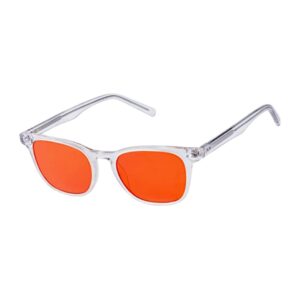

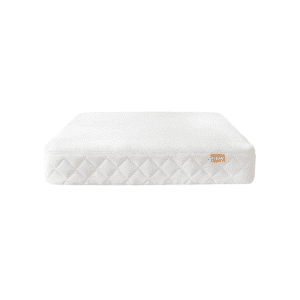
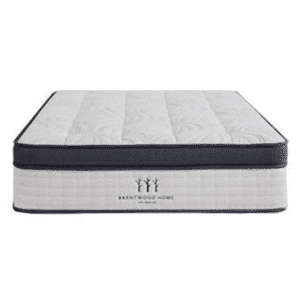
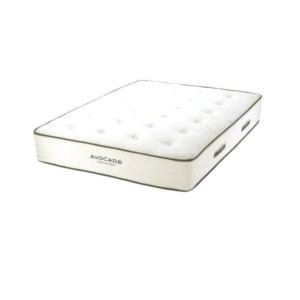
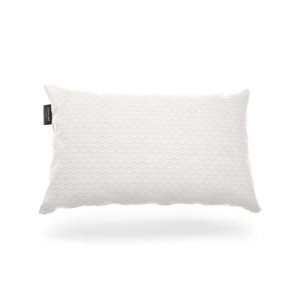
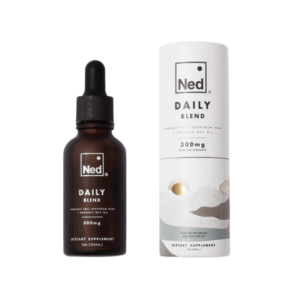
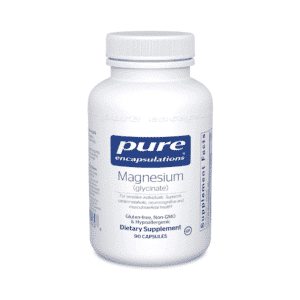
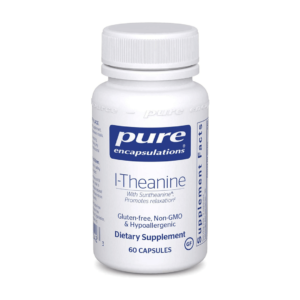
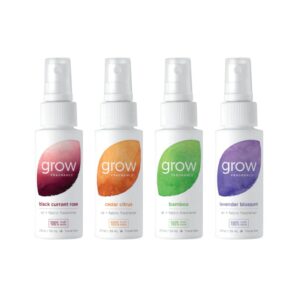
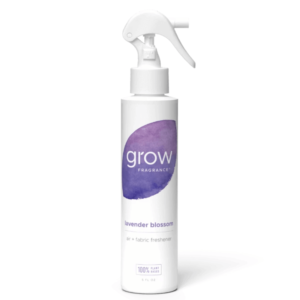

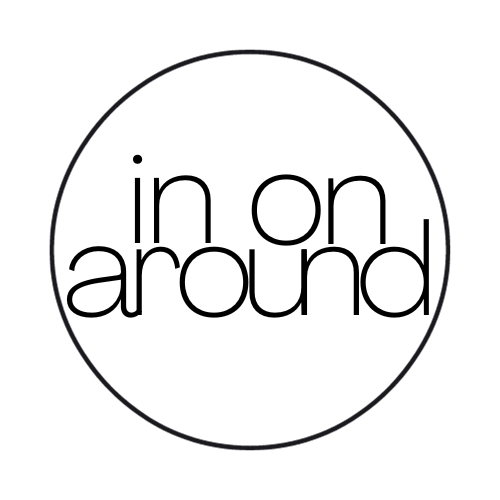

3 Responses